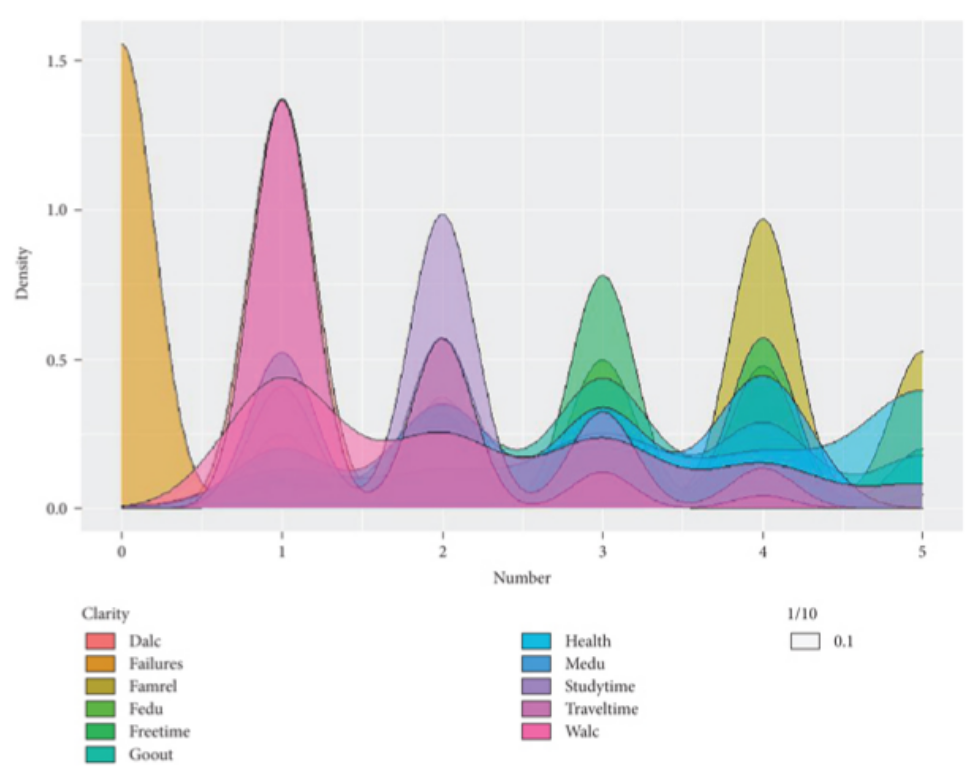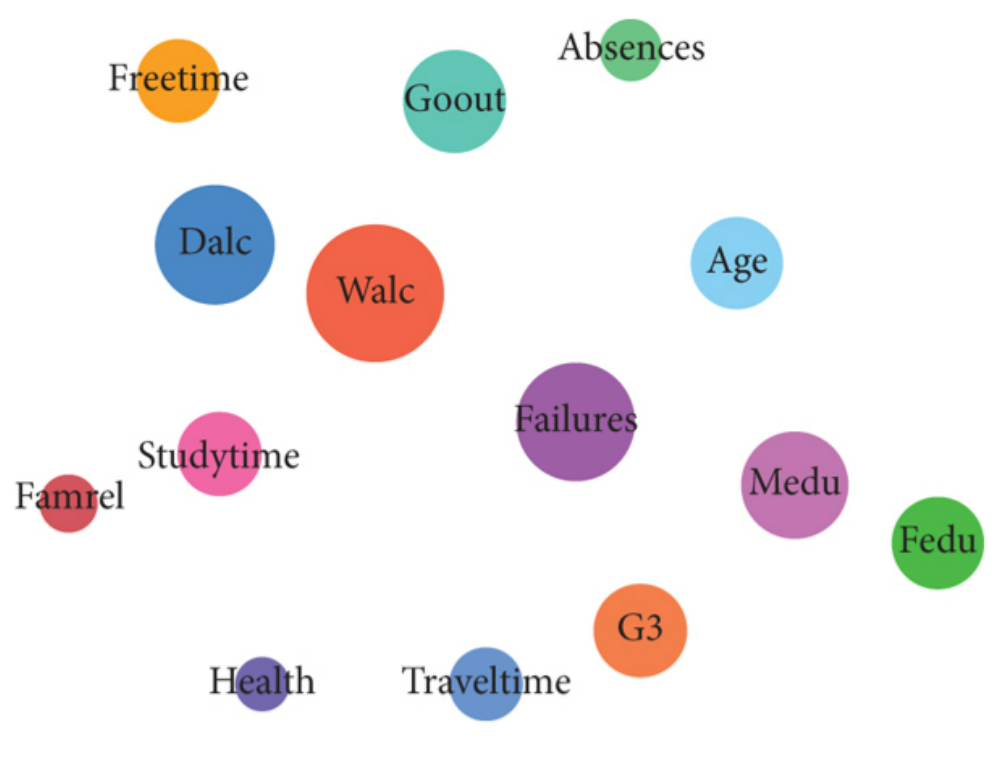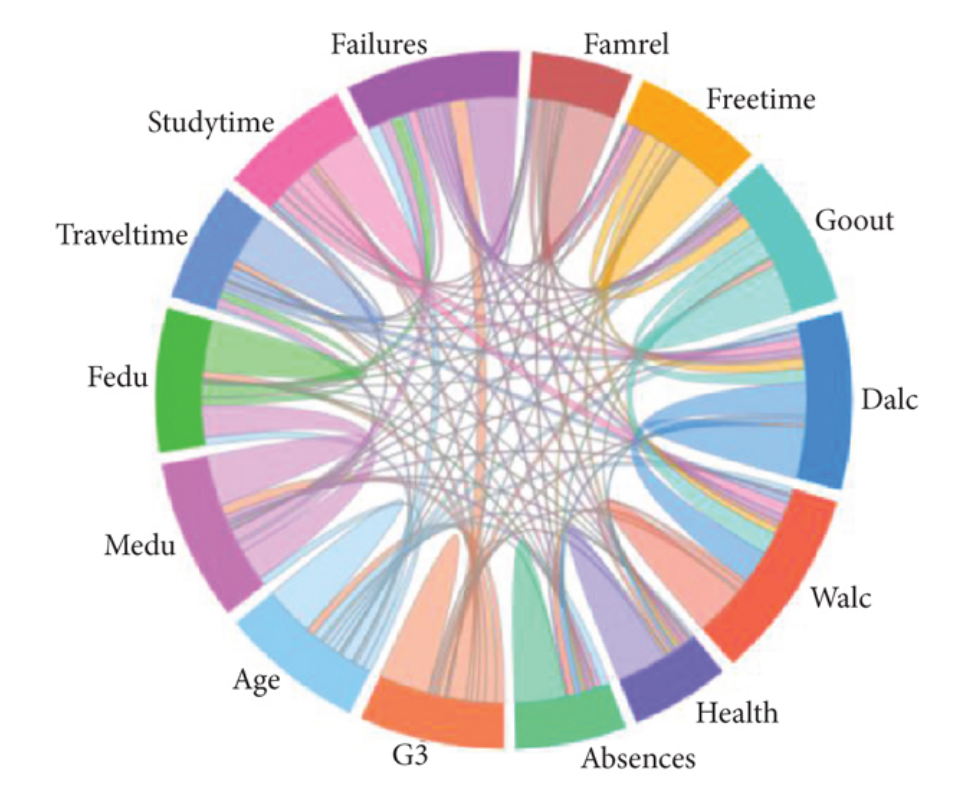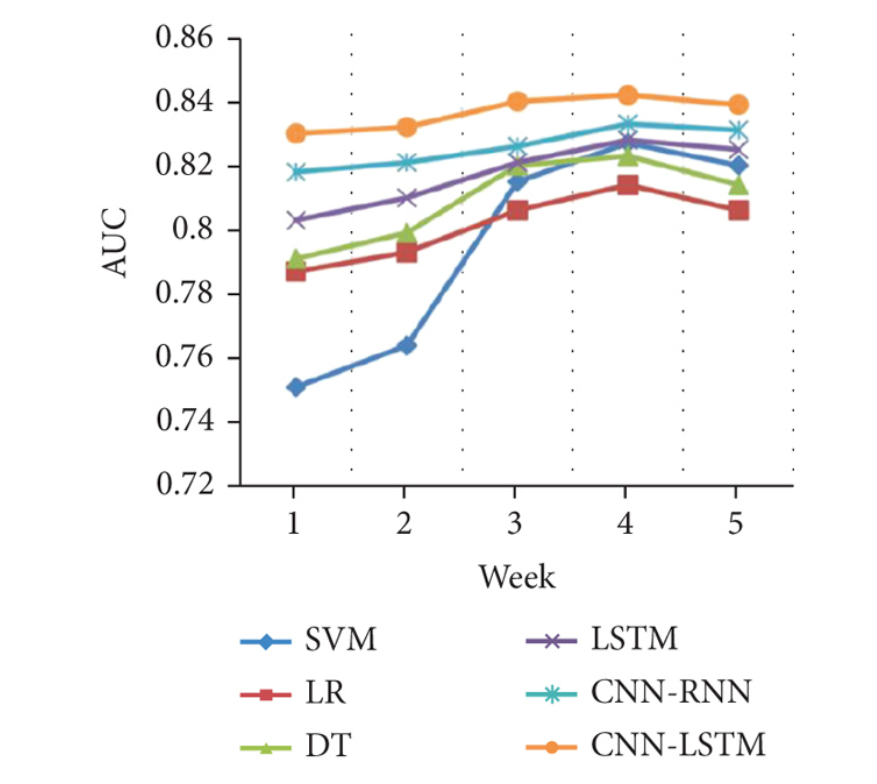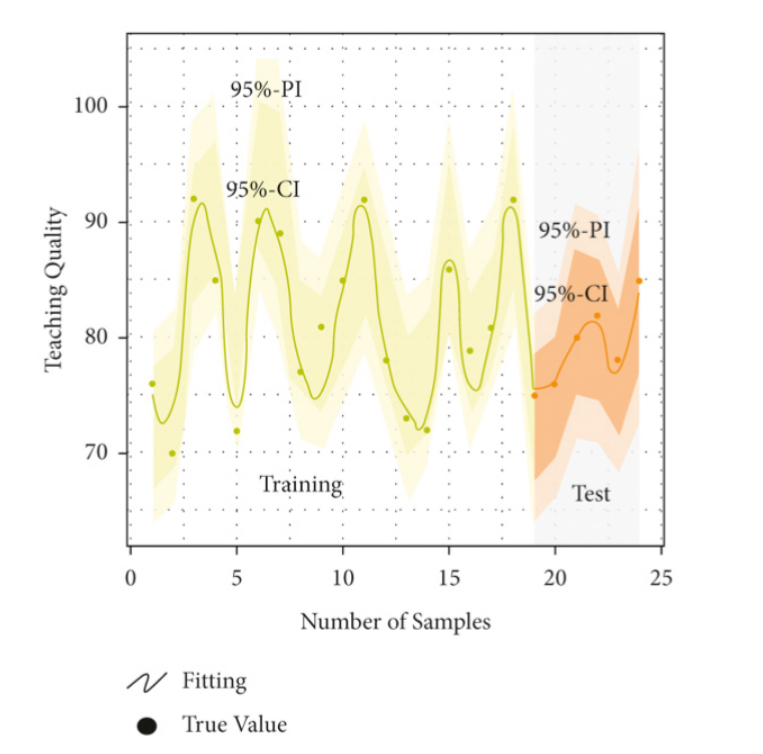 An open access journal
An open access journal
Student Engagement Strategies in Online Courses: Motivating and Retaining Learners
Abstract
Student engagement is a critical factor in the success of online courses. This paper explores the significance of student engagement strategies in online education, emphasizing their role in motivating and retaining learners. It delves into a range of strategies and approaches to enhance student engagement, including active learning, peer interaction, feedback mechanisms, and gamification. The discussion includes the benefits of these strategies, such as increased learner motivation, improved retention rates, and enhanced learning outcomes. Moreover, the paper addresses the challenges and considerations in implementing student engagement strategies in online courses, including technology integration, instructor training, and assessment practices. Through a review of empirical studies and case examples, the study highlights the positive outcomes associated with effective student engagement strategies, including higher course completion rates, greater student satisfaction, and improved academic performance. The conclusion offers recommendations for educators and institutions interested in fostering student engagement in online courses, emphasizing the importance of a learner-centered approach, ongoing assessment, and technological support to ensure successful implementation.
Share and Cite
Article Metrics
References
- Anderson, T. (2003). Getting the mix right again: An updated and theoretical rationale for interaction. The International Review of Research in Open and Distributed Learning, 4(2), 1-14.
- Chickering, A. W., & Gamson, Z. F. (1987). Seven principles for good practice in undergraduate education. AAHE Bulletin, 39(7), 3-7.
- Deterding, S., Dixon, D., Khaled, R., & Nacke, L. (2011). From game design elements to gamefulness: defining" gamification". In Proceedings of the 15th international academic MindTrek conference: Envisioning future media environments (pp. 9-15).
- Fredricks, J. A., Blumenfeld, P. C., & Paris, A. H. (2004). School engagement: Potential of the concept, state of the evidence. Review of Educational Research, 74(1), 59-109.
- Garrison, D. R., Anderson, T., & Archer, W. (2000). Critical inquiry in a text-based environment: Computer conferencing in higher education. The Internet and Higher Education, 2(2-3), 87-105.
- Kuh, G. D., Kinzie, J., Schuh, J. H., Whitt, E. J., & Associates. (2005). Student success in college: Creating conditions that matter. John Wiley & Sons.
- Means, B., Toyama, Y., Murphy, R., Bakia, M., & Jones, K. (2009). Evaluation of evidence-based practices in online learning: A meta-analysis and review of online learning studies. US Department of Education, 2(1), 1-51.

